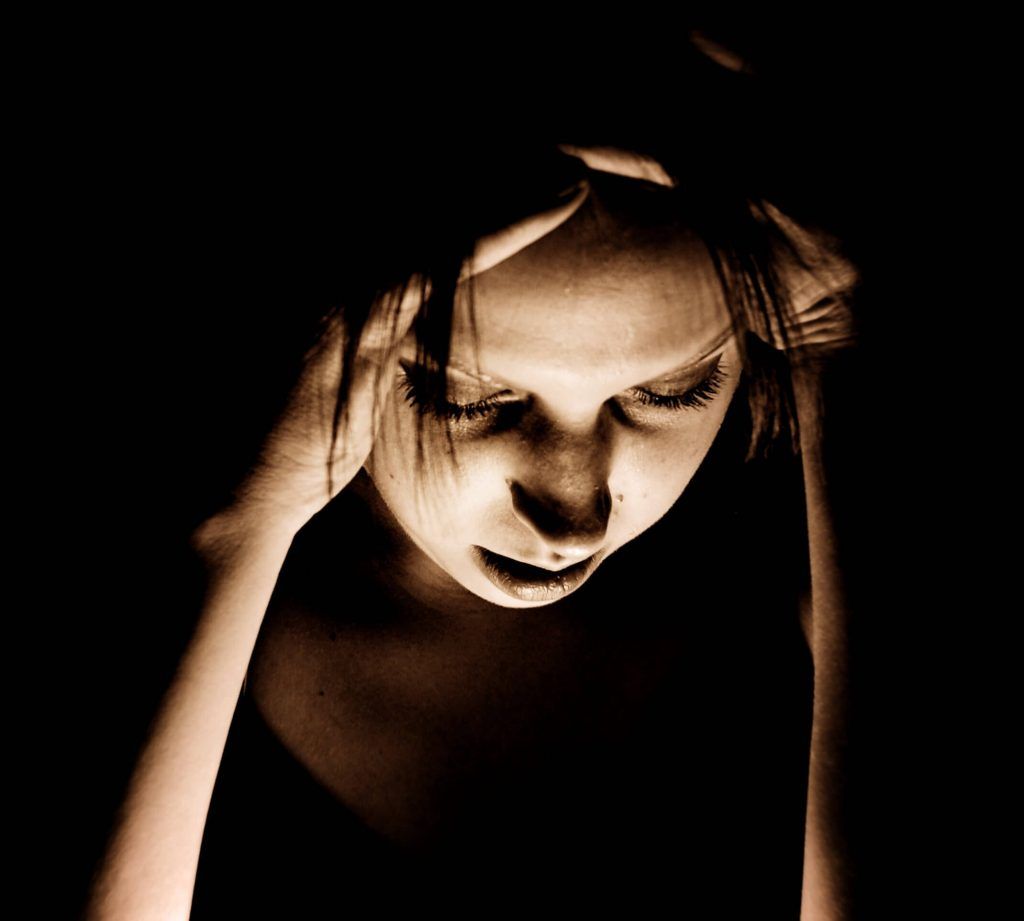Anti-Migraine Drugs

Migraines are severe, painful and recurring headaches on one side of the head. The pain that a migraine can cause can last for hours or even days. It comes with vomiting, nausea and sensitivity to smell light and sound.
Many people use the word migraine to describe a severe headache. But a migraine is the result of any changes in the brain.
There are two types of a migraine
- A migraine with aura- There are warning symptoms that occur before the attack. This includes blind spot, tingling in one side of the face and flashes of light.
- A migraine without aura- People with disease suffers from this common migraine.
Causes of a migraine
The specific cause of a migraine is unknown. But there may be changes in the chemicals that send messages between the brain cells. Other factors that may trigger a migraine includes:
- Foods- Skipping meals, processed foods, salty foods
- Physical causes- Stress, lack of sleep
- Food additives- Artificial sweeteners and MSG can cause a migraine
- Drinks- Caffeinated beverages can cause a migraine
- Sensory stimuli- Sun glares, bright light, loud sound and strong perfume
- Changes in the environment- Changes in temperature can prompt a migraine
- Medications-Oral contraceptives can worsen a migraine
- Hormonal change- Menstruation
Signs and Symptoms of a Migraine
Signs and symptoms of a migraine may start one to two days before a headache. This stage is known as the prodrome stage with symptoms such as:
- Being irritable
- Food cravings
- Depression
- Low energy
For migraines with aura:
- Tingling sensation in the face, legs and arms
- Difficulty speaking clearly
- Seeing bright spot
- Loss of vision
Attack stage symptoms:
- Nausea
- Dizziness
- Throbbing head pain
- Vomiting
- Sensitive to light and sound
- Pain on one side of the head
Migraine pain can last for 4 hours. If not treated, it can last up to 72 hours. The pain may start out as mild. But the pain may become moderate to severe if left untreated.
Post-attack symptoms:
- Tiredness
- Decreased energy level
- Dizziness
The adverse effect of the problem
Problems that may happen during a migraine attack which include:
- Problems with the overuse of medicine
- Abdominal problems
- Chronic pain
- Persistent aura
Preventive measure of a migraine
The preventive measure includes:
- Avoid your triggers
- Do not skip a meal
- Watch what you eat
- Avoid caffeinated drinks
- Downsize your stress
- Choose relaxing exercise
- Avoid bright light
- Avoid loud noise
- Take vitamin supplements
- Sleep on a regular schedule
- Avoid stress
Anti-migraine medicines
Anti-migraine medicines include:
- Naprosyn
- Sumitriptan
- Imigran subject
- Rizact
Migraine diagnosis
Your doctor will diagnose your migraine by listening to your symptoms. Your doctor will also perform an exam to know the cause through a CT scan.
Migraine treatment
Treatment for migraines can help stop the symptoms and prevent future attacks. There are a lot of medicines that can treat a migraine and they fall into two categories:
- Pain-relieving medicines
This medicine can stop the symptoms of a migraine. It should be taken during a migraine attack. Examples of pain-relieving medicines are:
- Aspirin
- Ibuprofen
- Triptans
- Preventive medicines
This medicine can reduce the severity of migraines. It should be taken every day.



